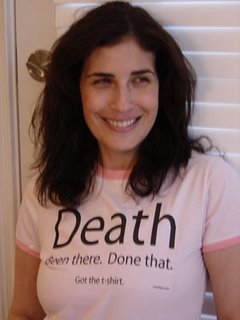Do test-prep courses improve SAT scores?
Barely--according to this WSJ article:
I remember taking one of these courses prior to taking the ACT and it really seemed to improve my score. The class really taught me how to take a multiple choice test and understand how to give answers that the test makers wanted, rather than what I thought the right answer should be. It went against my intuition, but seemed to work. However, when I took the GRE prior to my PhD, I used a GRE prep book and skipped the class. I think that was a mistake. So, for some people, the classes may really work and for others, not so much.
and skipped the class. I think that was a mistake. So, for some people, the classes may really work and for others, not so much.
Anyone else out there take one of these classes or have kids or grand kids who did and find them useful or not?
Families can spend thousands of dollars on coaching to help college-bound students boost their SAT scores. But a new report finds that these test-preparation courses aren't as beneficial as consumers are led to believe.
The report, to be released Wednesday by the National Association for College Admission Counseling, criticizes common test-prep-industry marketing practices, including promises of big score gains with no hard data to back up such claims. The report also finds fault with the frequent use of mock SAT tests because they can be devised to inflate score gains when students take the actual SAT. The association represents 11,000 college admissions officers, high-school guidance counselors and private advisors.
I remember taking one of these courses prior to taking the ACT and it really seemed to improve my score. The class really taught me how to take a multiple choice test and understand how to give answers that the test makers wanted, rather than what I thought the right answer should be. It went against my intuition, but seemed to work. However, when I took the GRE prior to my PhD, I used a GRE prep book
Anyone else out there take one of these classes or have kids or grand kids who did and find them useful or not?
Labels: education



